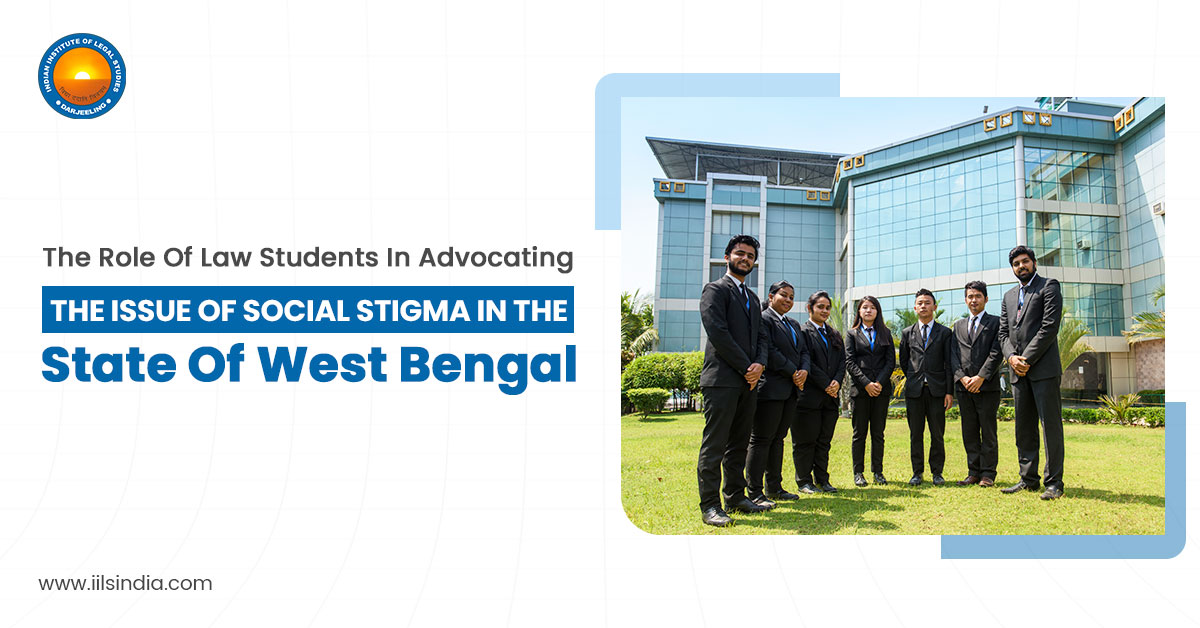The term Social Stigma is often referred to negative beliefs and attitude which are conventionalized against any individual or vulnerable communities in the society. Social Stigma is a widespread problem in every society. It is caused on the basis of factors like mental illness, race, gender, sexual orientation, past traumas or socioeconomic status. This stigma can lead to prejudice, social marginalization, and other negative outcomes, making it difficult for individuals to access opportunities, services, and social acceptability. Stigmatization can worsen mental health issues by causing hopelessness, loneliness, and resistance to seeking help. It can also lead to social isolation, exacerbate poor mental health, and impede access to housing, work, and education, perpetuating marginalization and poverty cycles. Additionally, stigma can result in assault, abuse, and harassment, further damaging physical and mental health.
Concerning the State of West Bengal the situation is no different. Despite owning one of the oldest cultural and tradition heritage, still the societies are progressing in slow phase. Everyday, one or the other individual/ individuals is encircled with the web of social stigma due their factors responsible. So, the main questions is how can we deal with this very rooted tentacles of Social Stigma? The only answer is education and awareness.
Law students as the future members of the legal profession, should in the forefront in pushing for the elimination of societal stigma and advancing inclusion. Law students may significantly aid in the fight against social stigma by engaging in legal advocacy and research. They can find legal gaps and loopholes that support prejudice by doing in-depth study on pertinent laws, rules, and case precedents. Students studying law can also support legislative changes that deal with the underlying causes of social stigma and give underprivileged populations sufficient legal protection. They can also take part in legal actions that serve the public interest in order to oppose discriminatory practices and pursue justice for those who have suffered from social stigma.
The Law Study in West Bengal will encourage the students to educate the public about the negative impacts of social stigma through community outreach and awareness-raising initiatives. They can arrange legal assistance camps, seminars, and workshops to educate people about their legal rights and provide them the tools they need to confront discriminatory practices. Law students may contribute to the dismantling of stereotypes and the development of a more inclusive society by encouraging discussion and understanding.
In order to strengthen their advocacy activities, the Law study in West Bengal encourages the law students to work with NGOs and civil society groups. Together, they can make more of an effect by utilizing their resources and combined experience. In order to give underprivileged populations free legal aid, law students can also help establish pro bono services and legal aid clinics.
Finally, it should be noted that law students in West Bengal have a great opportunity to combat societal stigma. They may contribute to the development of a more fair and equitable society by working with NGOs, doing legal research, advocating, and reaching out to the community. It is essential that legal businesses and law schools give law students the chance to acquire the abilities and information required to successfully handle this urgent social issue.

